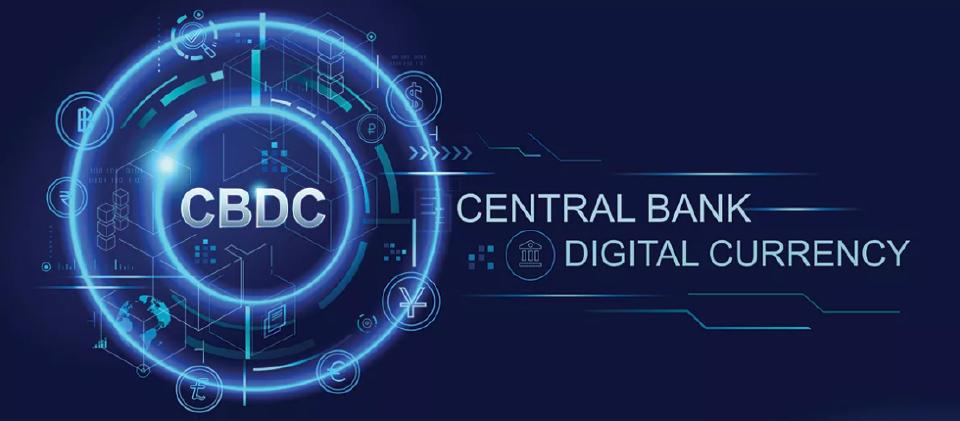"We entertained ourselves in a digital Gulag. from which there is no escape", we quoted the words of Indian-born Silicon Valley research engineer Aman Jabbi in our last note
One of the very important elements of this Gulag will be people's (sooner or later) globalized credit card, which is linked to digital bank money in banks.
"This is the biggest and most immediate threat to our personal freedom"
- said Tamás Fricz in this regard. Was he right?
Let's take a closer look at what it's all about. CBDC is an acronym that stands for Central Bank Digital Currency. The current concept of CBDCs is inspired by Bitcoin and similar blockchain-based cryptocurrencies, but differs from such virtual currencies and cryptocurrencies in that a CBDC is issued by a state.
According to the head of the ECB, Christine Lagarde, more than a hundred central banks around the world are currently investigating digital currencies, including the Magyar Nemzeti Bank.
In China, the RMB was the first digital currency issued by a major economy, and by July 2022, four central banks had launched CBDCs: the Central Bank of the Bahamas (Sand Dollar), the Central Bank of the Eastern Caribbean (DCash), the Central Bank of Nigeria (e-Naira), and the Bank of Jamaica (JamDex). Of course, these cryptocurrencies are often considered to increase the independence of a given state from global financial systems, such as foreign currencies, or to help evade international sanctions.
But the point is that, in mid-November, banks with a global influence, in cooperation with the New York Central Bank, launched a 12-week digital dollar experiment with much bigger competitors than the above. They are also currently testing how banks use digital dollar tokens. (A token is a sign that replaces the dollar - ed.)
Why is this experiment important and what are the consequences of CBDC introduction?
– This (centrally issued) cryptocurrency is programmable.
– Although block chain technology is used, its use will not be anonymous, so each of your transactions will be known to the respective state and the issuing bank.
- However, since the currency is programmable, your income will be under the full control of the authorities. Your spending habits will be up-to-date,
in this way, it is possible to determine when and what to spend, and it is even possible to tie the spending of your income to a time limit, as (according to the authority) the economy currently requires.
– In a crisis situation, you can easily find yourself under oppression and resistance
they can even punish you by blocking your income from your digital account.
– All your moments will be traceable by matching your digital identity; its global introduction is also included in the plans of the World Economic Forum.
– Over time, after the withdrawal of cash from circulation (which is encouraged in countless ways even today!), it will no longer be possible to pay for face masks, facials, and small jobs with cash. Traditional free market trade will sooner or later end.
– Due to the programmable nature of the currency, it will be linked to social organization concepts such as the Chinese social credit system: “Obedient, trustworthy” citizens and those who do not deserve help or support.
– You will have even less insight into financial processes, thereby making you even more vulnerable to state and international authorities and the financial interests behind them.
If we thought that the (in our opinion) normal-thinking Russia does not need this "product", we would be wrong.
Portfolio.hu wrote two weeks ago with reference to Cybernews.
According to Cybernews, Putin referred to the Sberbank conference on artificial intelligence that “the system of international payments today is very expensive, the system of correspondent bank accounts and regulation is controlled by a narrow club of states and financial groups. They control everything. Based on the technologies of digital money and distributed ledger systems, a new system of international payments could be created, which is much more convenient and at the same time completely safe for the participants."
In short: CBDC technology - and the minimization of cash use or the elimination of ad absurdity - will make the financial system of every state cheaper than it is now. The only question is, who, how much does he trust the state he lives in that decides to implement CBDC?
But the most important question is, can those who don't trust it stay out of it?
Image: Worldbank.org












